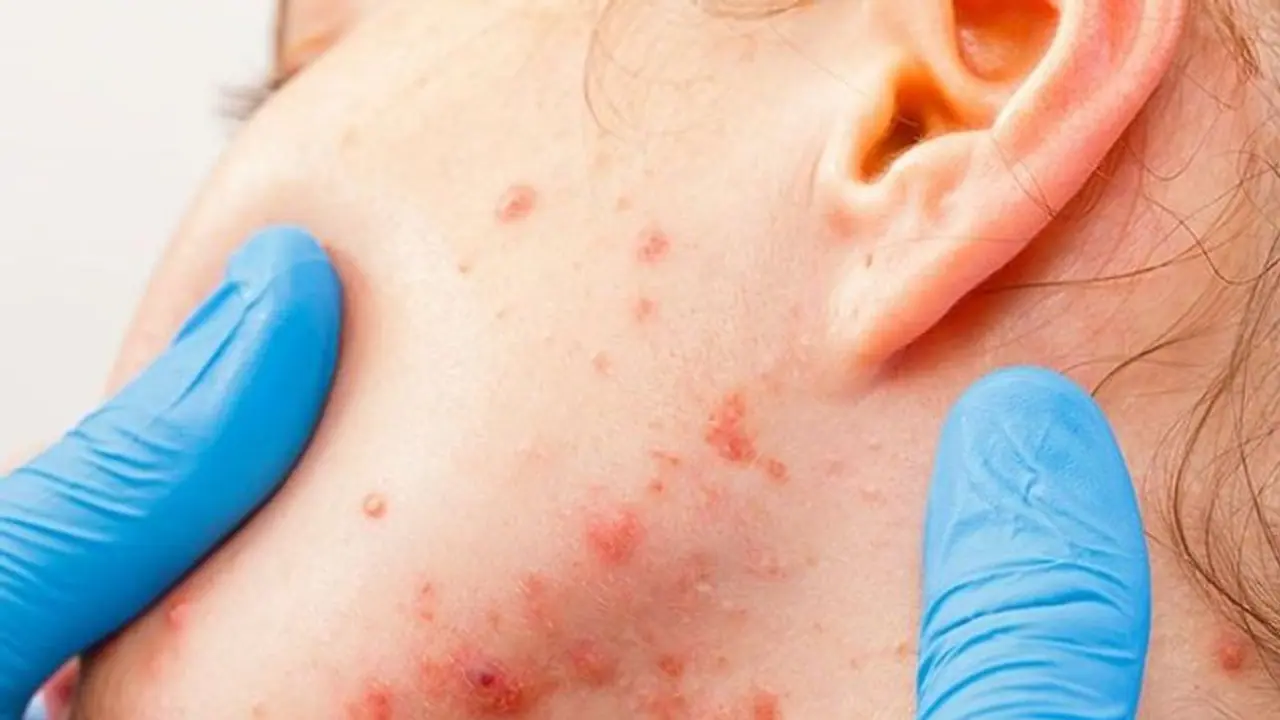Being confined at home, prolonged exposure to indoor air pollution increases the possibility of health issues, especially for those suffering from allergies
The global pandemic has pushed everyone inside their homes and even in the midst of this current lockdown, the battle against the indoor air pollution is still on.

Being confined at home, prolonged exposure to indoor air pollution increases the possibility of health issues, especially for those suffering from allergies.
With the onset of monsoon, increase in the amount of pollen in the air, all the family members staying indoors constantly, and many such reasons have the potential to trigger allergies. Seemingly harmless activities such as cleaning and cooking releases allergens and pollutants into the air which, when mixed with pollutants from outdoors, can provoke serious reactions in susceptible people.
The sources of indoor air pollution is not limited to these common household activities, Pollutants and allergens can rise from mold, dust miles, pet pander, rodents, furniture, etc.
Whereas common combustible pollutants can come from gas stoves, candles, dhoop/agarbatti, heaters and clothes dryers. Sneezing and running nose is just the tip of the iceberg. It can get worse and lead to numerous complications in the case susceptible people which includes allergy and asthma sufferers, pregnant women, small children, elderly people and others with pulmonological health issues.
To tackle the challenges posed by poor indoor air quality, it's fundamental to understand the nature and location of the common indoor sources of allergens. The key to managing allergies involves reducing your exposure to them or avoiding them completely.
Three easy yet important strategies to lessen the increase of pollutants include;
Stopping pollution sources in their tracks, boosting home's ventilation, and reducing air impurities with the right filtration.
It’s impossible to completely halt your regular cleaning and cooking activities as they are survival essentials. Yet, you can take certain steps to limit the sources of your indoor pollutants, such as avoiding smoke indoors, instead of burning candles, get emergency light lamps, minimize clutter, ensure your gas stove is well-ventilated, use air conditioners to reduce moisture, etc.
Improving air circulation in and around one’s home is critical to prevent the growth of toxic mold or rot which are major contributors to allergens. One should ensure that there are adequate air vents and filters are employed to get cleaner air. The temperature within the house also plays a significant role; by keeping humidity levels at 30 to 50%, one can prevent moist conditions that can lead to unhealthy mold and mildew.
Another crucial step towards reducing the pollutant is the right air filtration. You can opt for cost-effective methods to help you fight this allergen battle i.e., having air filter sheets on your Air Conditioners. Many people mistakenly believe that the mesh screens in air conditioners keep dust and allergens out of air. That’s not true though, since their purpose is to keep the large dust particles out of the equipment and prevent damage to the system. That’s why you need special air filters that are designed to trap those tiny particles including PM2.5.
Plus, AC air filters can be supremely pocket-friendly if you don’t want to invest in buying an air purifier separately. You can transform your existing AC into a device which can cool as well as clean your air. Additionally, these are extremely easy to install requiring no tools or professional help.
You can go for 3M AC Filter for your everyday use. It has exclusive Filtrete Brand 3-in-1 technology from 3M to pull in and trap micro-particles and pollutants, such as dust, pollen, dust mites, and pet dander while letting cleaner air flow through. Developed by 3M engineers, the air filter helps trap PM2.5 and other pollutants in the air which are negligible to the naked eye. 3M has recently launched the 3M AC Filter : Dust Pollen & Alergens variant which captures 93% unwanted particles in just two hours of use. This product is certified for the removal of dust mites, mold spores, pollen and pet dander which are commonly found in indoor air in our home.
Apart from these, here are some other tips that help you a long way:
Kitchen and bathroom exhaust fans can help to control the growth of mold and mildew. It is imperative to clean them regularly.
Burning incense or candles, displaying potpourri or using standard spray or plug-in air fresheners are not recommended as they invite a bunch of unwanted asthma and allergens in the house.
Maintain household humidity of no more than 40 to 45% and by keeping air temperature around 20 degree C.
If you have plants indoors then using saucers underneath pots is recommended to catch runoff. It should be changed daily alongside with the removal of dead leaves which can also harbor mold.
Regular grooming of pets and cleaning of upholstery can go a long way to help manage allergies from pet dander.
Wear a respirator when dealing with dust related chores or delegate those tasks to other family members.
Other than these, there are several small practices that one can incorporate in their daily routines, such as
Showering twice a day, and at least washing your face before you turn into bed at night.
Part ways with the more aggressive disinfectants and try non-toxic options.
Make sure to wash pillowcases and linens in hot water each week.
Remove shoes at the doors instead of wearing them inside your home.
Keep trash covered to avoid attracting pests.
Fix any water leaks in your house.
Remove carpeting where possible.
Taking precautions can contribute to a healthier lifestyle and help one avoid visits to doctors and hospitals during the pandemic. The world doesn’t stop with COVID, and neither should 'Allergy Care'.
(The author Sanjit Satapathy is Business Leader, Consumer Business Group, 3M India)
